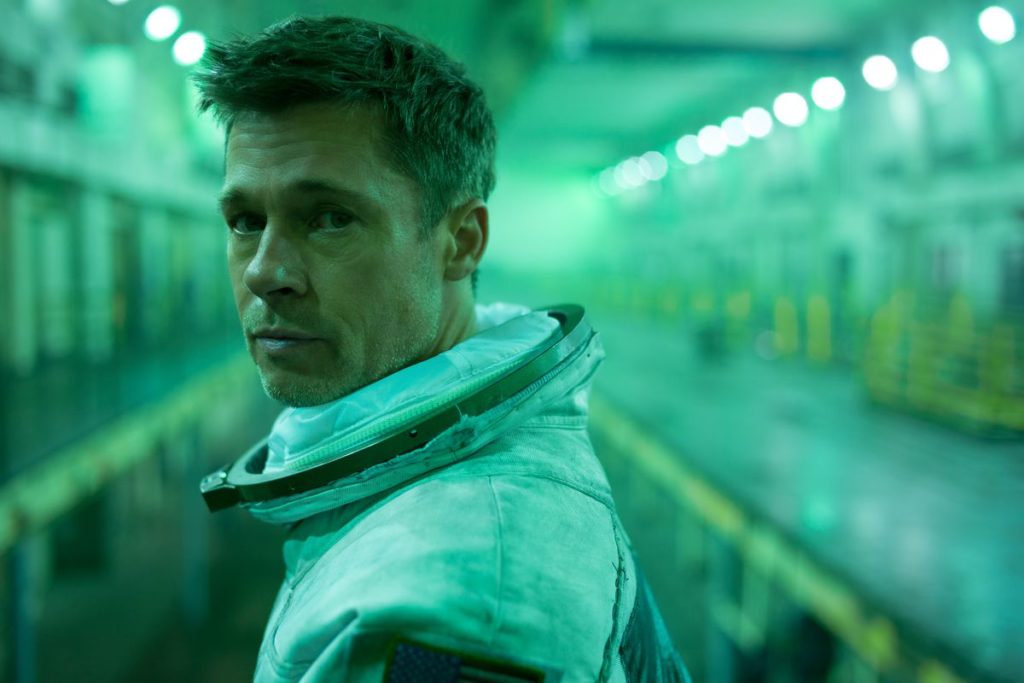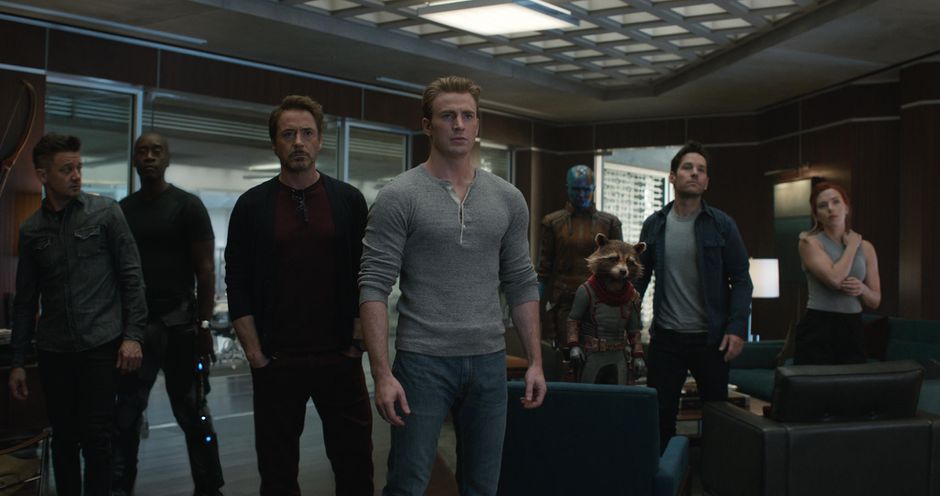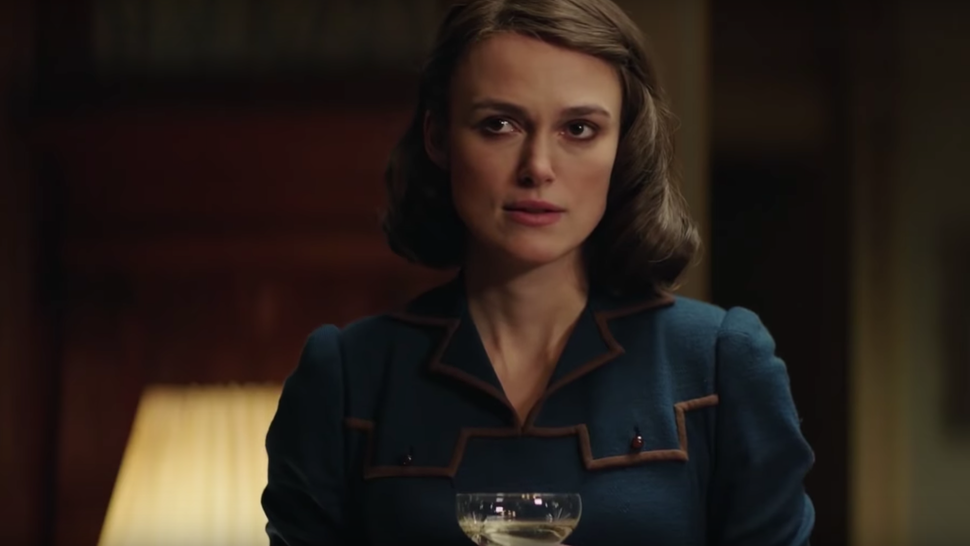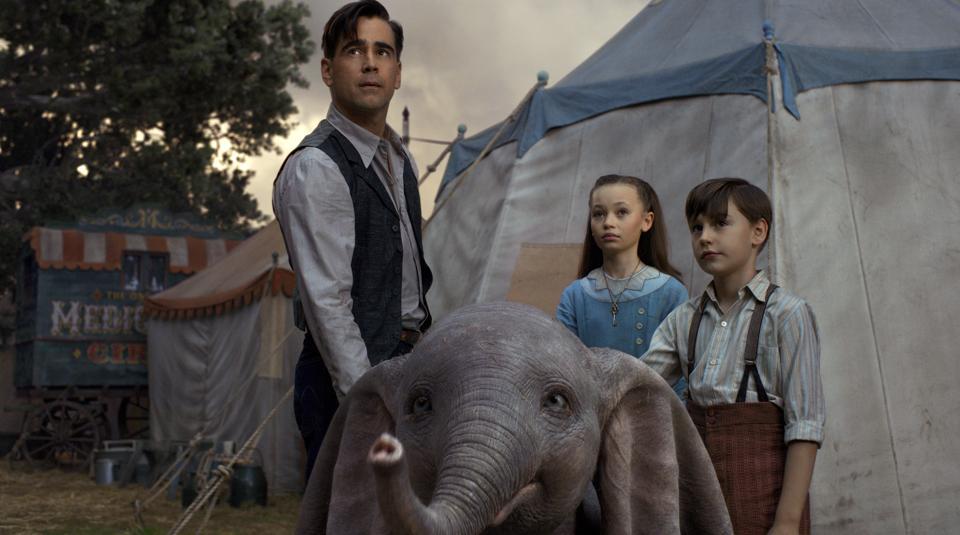The Lighthouse: Stormy Weather, Madness on the Horizon
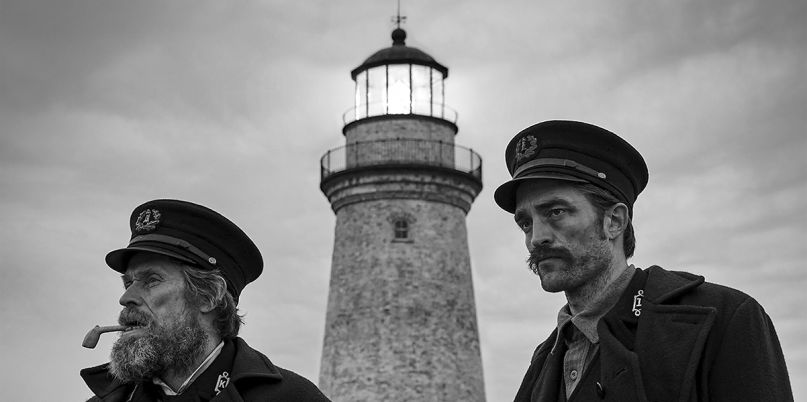
A punishing movie whose bits of greatness are obscured by a fog of auteurist pretension, The Lighthouse is a deeply frustrating experience, a tantalizing work that defies explanation and categorization. It defies enjoyment too; as technically impressive and formidably confident as it may be, it isn’t much fun to watch. But it does carry a genuine personality, the imprint of a director who refuses to sacrifice his bizarre vision for the sake of more quotidian values like accessibility. Or, you know, coherence.
That director is Robert Eggers, whose first feature, the terrific horror movie The Witch, blended creeptastic folk-story terror with silky filmmaking craft. It also featured characters speaking in period-specific dialect, a trick Eggers repeats here, though the setting has been bumped up by a few centuries to the late 1800s. The screenplay, which Eggers wrote with his brother Max, is laden with old-timey jargon—“aye” in place of “yes”, “ye” instead of “you”, etc.—which enhances the film’s already-ornate degree of detail. Assuming, of course, you can understand what the hell they’re saying. Read More

